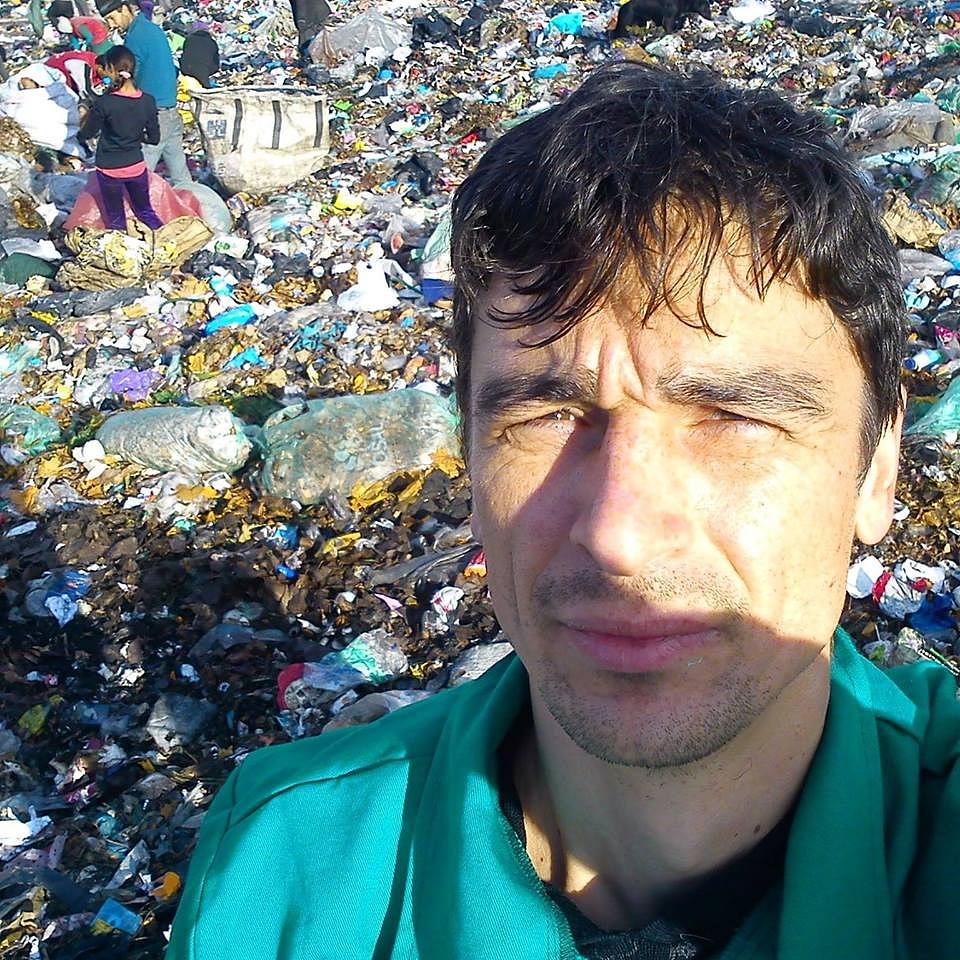Different way of fighting food waste: Romanian MP eats crackers from the trash

A deputy representing the new party Save Romania Union (USR) has tried to draw attention to the issue of food waste by doing a gesture that most would qualify as being disgusting: he took a half-full bag of crackers from one of the Parliament’s trash cans, and ate the crackers in the bag.
“I believe that we can reduce waste through small personal examples, even though the waste solutions must be systemic, not strictly individual,” USR Cluj deputy Adrian Dohotaru wrote on USR Cluj’s web page.
In the same text, Dohotaru also presented other measures he decided to take during his time at the Parliament.
“When I left the plenary, I was intrigued by the large amount of plastic bottles thrown to the trash. So I decided to stop buying plastic bottles and bring my own bottle at work (the classic one used for running). I’ve already stopped buying bottled water a long time ago, and it seems to me somehow illogical to buy water this way. Then, I decided to no longer use the plastic dished used for serving food in the Parliament, which are in all the trash bins around the cafeterias, and bring my own dishes from home,” he said.
He also reminded readers of the Pata Rat garbage dump in Cluj-Napoca, where 50% of the household waste ends up, waste that, by composting, could be used as a fertilizer for farms or community and family gardens that already exist or could be created in the future.
“The Parliament can become a good place, a symbol, to transmit messages in a simple and decent way, sometimes outside the Power vs. Opposition logic of conflict.”
Data published by Eurostat at the end of January showed that Romania and Poland were the EU countries with the lowest amounts of waste generated in 2015, with less than 300 kilograms per capita. However, the share of recycling or composting was very low in Romania, with most of the waste being deposited in landfills.
In mid-February, the European Commission announced that it decided to take Romania to the EU Court of Justice because the local authorities have failed to close and rehabilitate 68 illegal landfills, “which represent a serious risk for human health and the environment.”
Pumping life into a small Romanian town by reducing food waste
Irina Popescu, irina.popescu@romania-insider.com
(Photo source: Adrian Dohotaru on Facebook)















